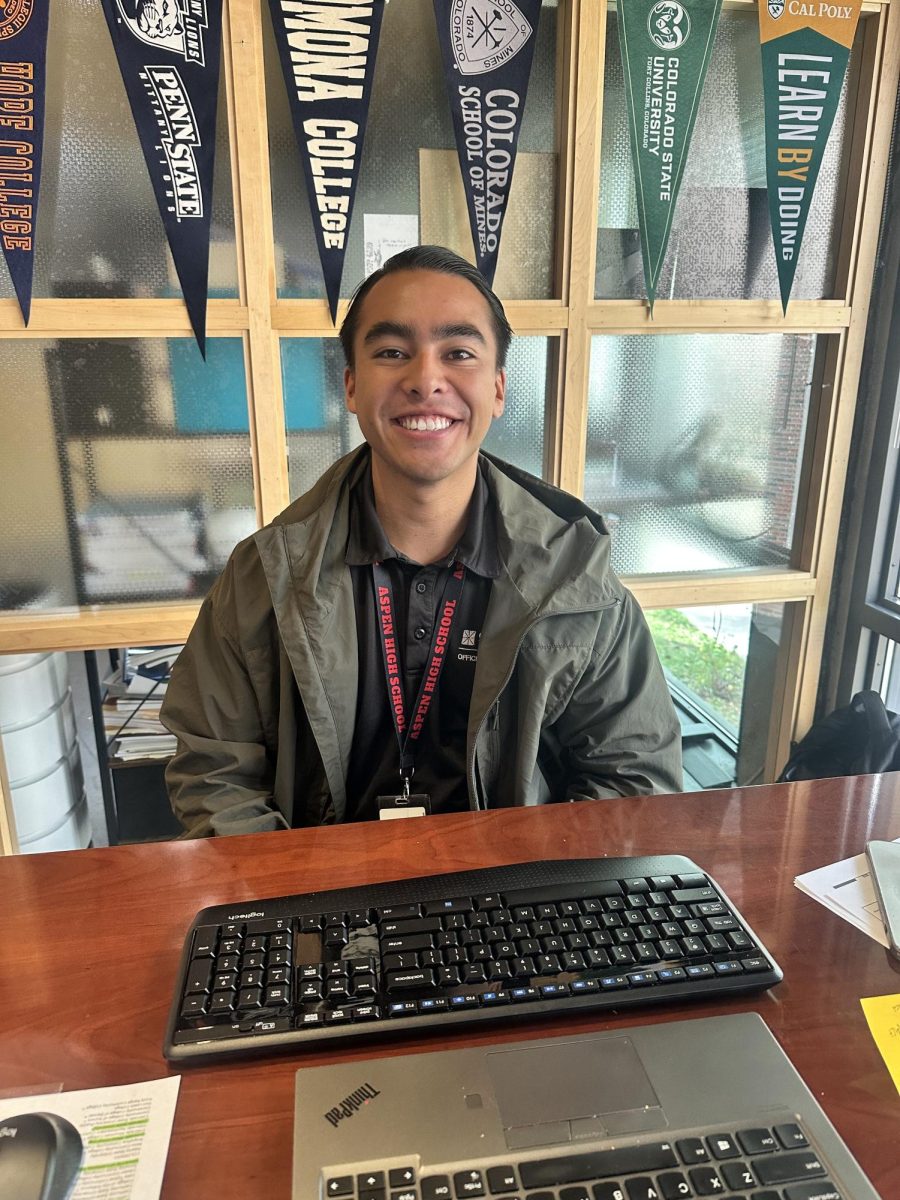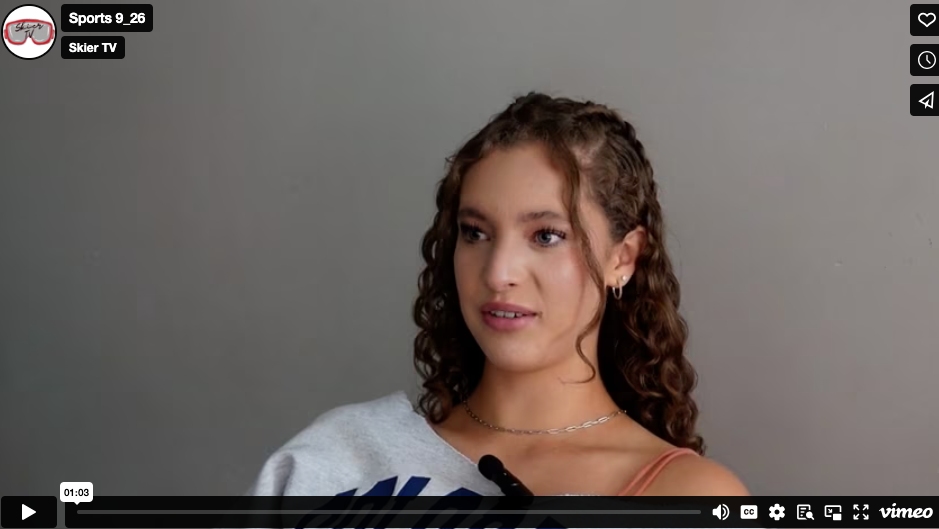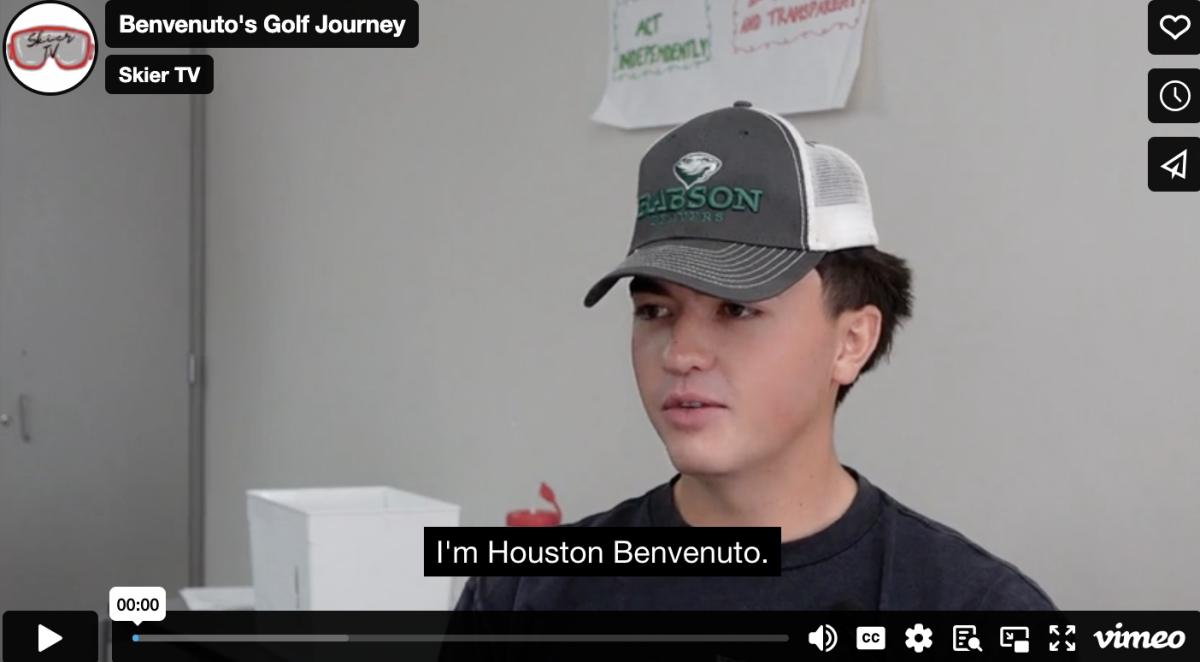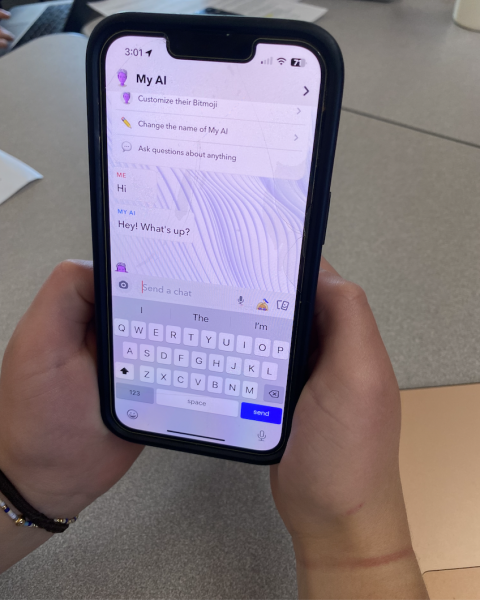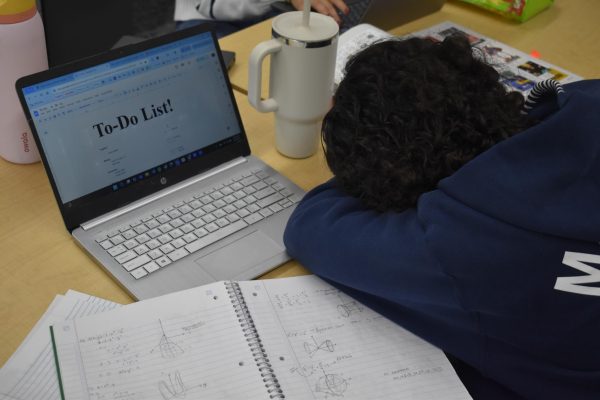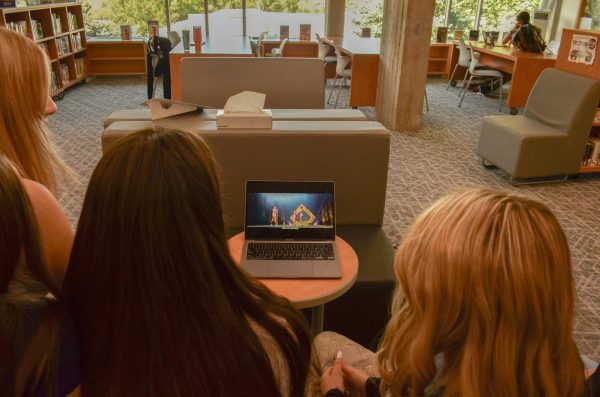Wille Takes Alaska to Do Research

AHS science teacher Andre Wille holds a hibernating Arctic squirrel during his training in March.
Just ten years ago AHS science teacher Andre Wille went south to develop research in Antarctica, but now he can declare himself bipolar, as he is off to the Arctic this coming June.
After several interviews, an extensive application, and surpassing a lot of other applicants, Wille will travel to Toolik, Alaska, to join a team of six where they will be researching Arctic ground squirrels.
The company that funds this experience is called Polar Trec. It mainly focuses on bringing real life science into a classroom. Wille is psyched to share his experience with all three Aspen School District schools while he is away and when he gets back.
“My role is to work with [the research team] and bring cutting edge research into lower grade classrooms,” Wille said.
Wille will be able to share information with students in his classes while he is on his expedition through his journal entries on polartrec.com. In the fall, he plans to bring his experiences from Alaska to classrooms in the elementary and middle school. The online journal has already been created and exhibits several photos and entries from his trip in March when he went to check out where he would be living for four weeks in late May and June.
Toolik, Alaska is up north further than 66 degrees latitude, meaning that he will be above the Artic Circle and not only that, but above tree line. Even though he will be high up, he expects that he will see ninety-degree weather while he is there.
The weather is not what excites him; it’s the hibernating artic ground squirrels. These squirrels hibernate for nine months out of the year and are active for three. The crazy thing is, in the winter, they hibernate underground and the squirrels’ body temperature goes down to -1 degrees in Celsius. His team, including the principal investigator Cory Williams from the University of Anchorage, will be focusing on how the squirrels survive and what causes them to wake up from their incredibly long hibernation.
Wille feels his students will benefit by learning about his research. He said that it will teach them not only about Arctic ground squirrels and their biological clocks, but it will also teach them how to do real-life research. He feels the opportunity is like experiential education for teachers and will allow him to bring more to classroom than he already can.
“As a teacher, it makes [what I’m teaching] more real,” Wille said. “You have work experience that can really validate what you are teaching.”





